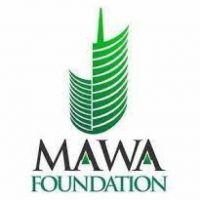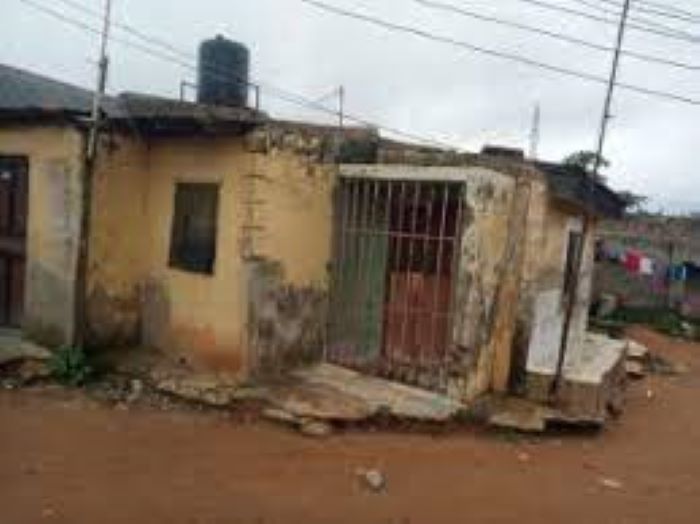Abuja residents are now calling on the government and other development partners to roll out interventions that will have to address poverty and inequality at their centre of implementation while pointing out that the poverty and inequity they’re facing are becoming unbearable.
Some the of residents who spoke to MAWA-Foundation at Mbumoko, an informal settlement at the Bwari Area Council of Abuja, said the poverty and inequality they go through have taken a huge dimension.
The locals pointed out that apart from suffering from the scarcity of food, there is a rising housing crisis which has resulted in a good number of them not having a place to sleep.
In a focused group discussion organized by MAWA – Foundation, the locals say they can no longer afford food, housing, education, and health. They pointed out that there are no interventions from the government targeted at addressing the rising poverty and inequality they pointed out are brewing across communities in Abuja.
Mr. Kelechi Azuka aka “Papa Ejima” who led a group of six persons to join the focused group discussion says the poverty and inequality in the informal settlements in Abuja have multiple levels of deprivations that must be immediately tackled.
Another local, Evelyn Doddo, a participant in the focus group discussion, pointed out that poverty and inequality manifest prominently in their limited access to income and lack of basic infrastructures such as safe drinking water, sanitation, housing, education, and healthcare delivery.
According to Doddo, many of the households in her area are living in extreme poverty and can no longer afford food, housing, health, and education for their kids. She added that from the look of things, many people are likely to go into deeper poverty if urgent intervention programs are not rolled out.
She argues that even as poverty and inequality widen, there are no government interventions targeted at creating sustainable income to pull many out of poverty and close the inequality gap.
“Poverty and inequality in Abuja will become deeper, there are no government interventions targeted at creating sustainable income to pull citizens out of poverty,” Doddo said at a focused group discussion organized by MAWA.
Mr. Ali Joseph, who painted a gory picture of the poverty dimension in Abuja, pointed out that a huge number of persons that have been displaced in communities in Northern Nigeria as a result of Boko Haram and Bandit attacks have since relocated to Abuja which further creates pressure on the informal settlements, widens poverty and inequality.
According to Joseph, the poverty and inequalities in Abuja and other parts of Nigeria are becoming worse. He pointed out that many of the urban poor residents have less than one dollar income a day. A situation he says complicates poverty and widens inequality across the board.
Participants at the focused group discussion organized by MAWA-Foundation in a common resolution appealed to the Abuja Authorities and the Nigerian state to make available a holistic framework for urban development that will address poverty and inequality through equitable wealth distribution, job creation, and equal opportunities.
According to them, addressing poverty and inequality is a must if the state must position itself for the crisis ahead.
The locals advised that government, community leaders, and grassroots civil society organizations should put in place local alliances to deliver effective strategies that will address poverty and inequality.

